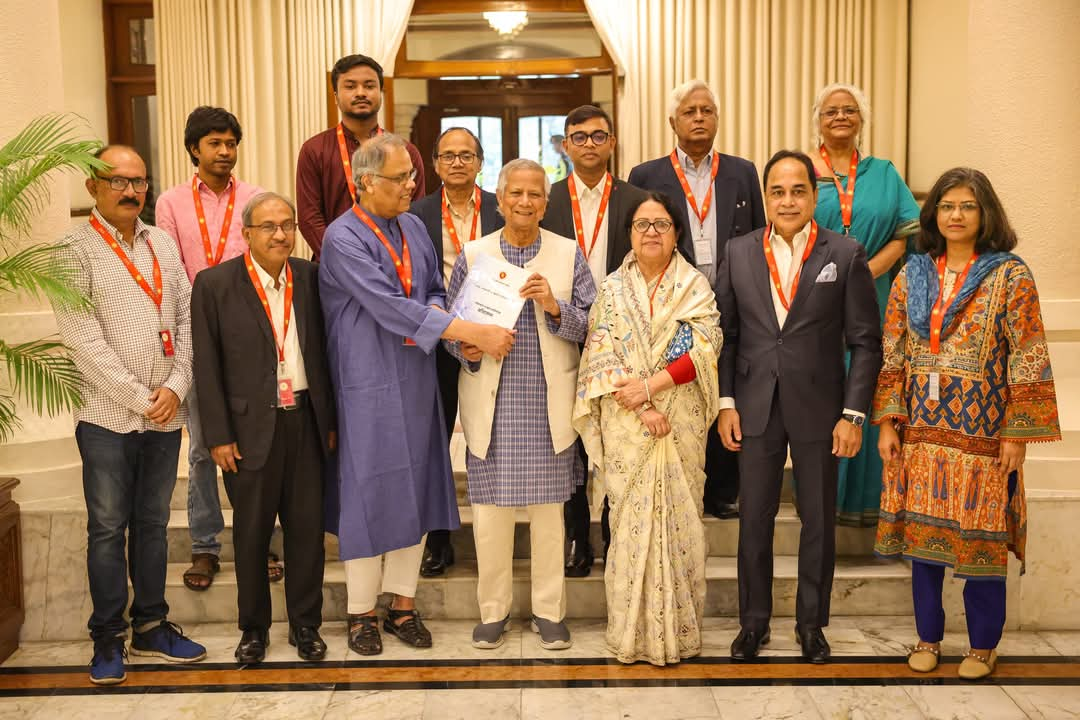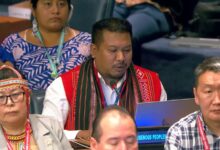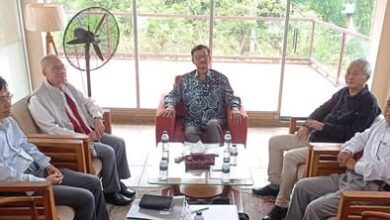Media Reform Commission Unveils 7-Point Recommendations for IPs and IP-led Media Empowerment

IPNEWS, March 22, 2025: The Interim Government of Bangladesh has released the recommendations of its Media Reform Commission today. The Media Reform Commission has presented 7 specific recommendations regarding ‘Indigenous Media’ under Section 21.18 of its report, titled Recommendations for Equal Opportunities for Indigenous and Disabled Communities. The 7-point recommendations are as follows:
- Inclusion of indigenous community languages, culture, and freedom of expression in the national media policy.
- Establishment of a minimum broadcast time for indigenous communities in mainstream media.
- Emphasis on news and programs in Indigenous languages in media operating in indigenous-inhabited regions.
- Simplification of registration processes for indigenous media initiatives funded and managed by Indigenous communities, along with support for the establishment of more indigenous media outlets.
- Preparation of guidelines to ensure appropriate representation of indigenous communities in mainstream media.
- Inclusion of ‘Indigenous Studies’ in journalism education and training programs.
- Provision of fellowships for indigenous journalists/journalism students and prioritization in recruitment.
IPNEWS Recommendations Submitted to the Commission:
On March 15, 2025, IPNEWS BD, the national-level online-based indigenous media organization, submitted a 5-point recommendation with several sub-points to the Media Reform Commission to strengthen indigenous media in Bangladesh and ensure accurate representation of Indigenous communities in mainstream media. Led by Satej Chakma, Senior Reporter of research and reporting wing of IPNEWS BD, the organization submitted the following key recommendations:
Policy and Legal Reforms:
1.Formulation of an Indigenous Media Policy to ensure the freedom of language, culture, and expression for indigenous communities.
2. Amendments to broadcasting laws to establish minimum broadcasting time for indigenous communities on television, radio, and online platforms.
3. Mandatory broadcasting of news in indigenous languages in national and regional media outlets operating in indigenous-dominated areas.
Establishment and Support of Indigenous Media:
The United Nations Declaration on the Rights of Indigenous Peoples (UNDRIP) 2007, Article 16 clearly states:
“Indigenous peoples have the right to establish their own media in their own languages and to have access to all forms of non-indigenous media without discrimination. States shall take effective measures to ensure that State-owned media duly reflect indigenous cultural diversity.”
To implement this, the following steps are recommended:
- Policy Relaxation: Recognition of indigenous media like IPNEWS BD, which are independently established and managed by indigenous communities. Current registration policies should be relaxed for indigenous media, which often struggle to meet the same requirements as mainstream outlets due to limited resources.
2. Government and Non-Government Support: Indigenous communities have long been marginalized and deprived of their rights. Their stories are often misrepresented or ignored in mainstream media. State support, financial aid, and technical assistance are crucial for strengthening indigenous media, including setting up radio, television, newspapers, and online platforms.
3. Expansion of Community Radio: Establishment of new community radio stations and enhancement of existing ones to ensure broadcasting in indigenous languages.
4. Representation in Mainstream Media: Priority recruitment of Indigenous journalists in mainstream media.
5. Scholarships and fellowships for indigenous students pursuing journalism studies.
6. Introducing ‘Indigenous Studies’ course in journalism education to foster better understanding and coverage of Indigenous issues.
Inclusive Media Coverage and Sensitivity:
- Development of reporting guidelines to ensure proper and sensitive representation of indigenous communities in media.
2. Launch of special programs covering the culture, language, and challenges of indigenous communities in mainstream media.
3. Establishment of policies to prevent misinformation or negative portrayals of indigenous communities.
Increase Government and Private Support:
- Allocation of government grants and advertisements for indigenous newspapers, television, and online media.
2. Research and documentation initiatives to study the condition, needs, and challenges of indigenous media.
IPNEWS Reaction:
IPNEWS Editor Anthony Rema expressed gratitude towards the Media Reform Commission for considering their primary recommendations on indigenous media.
IPNEWS Senior Reporter of research and reporting wing cum Executive Editor Satej Chakma commented: “We are extremely pleased that the Media Reform Commission has taken our basic proposals into account. We hope that these recommendations will be reflected in the activities of mainstream media and in journalism training. We expect greater sensitivity in media coverage of indigenous issues and look forward to the effective implementation of these recommendations.”



